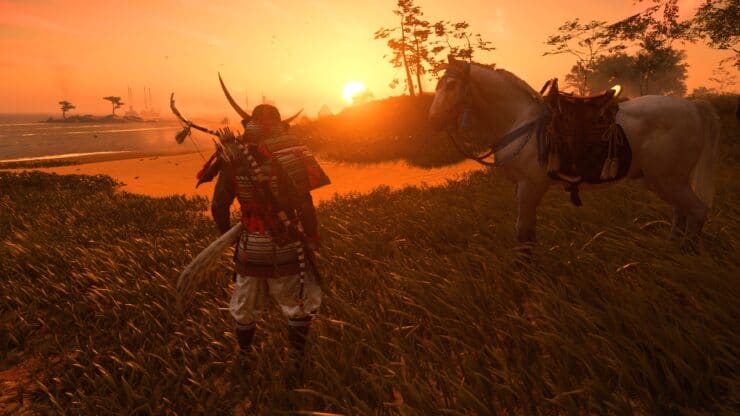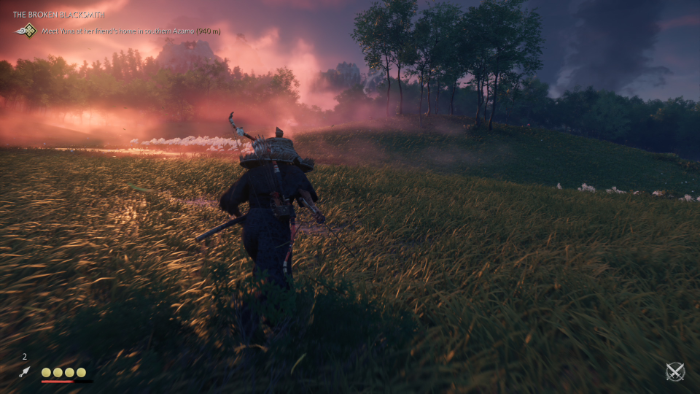

However, one young samurai, Jin Sakai, is rescued and nursed back to health by a peasant thief named Yuna.ĭesperate to save his people, Jin becomes caught between the ideals of honor his uncle has spent a lifetime teaching him, which dictate that a samurai always face his enemies openly and fairly, and the lessons Yuna teaches him, that such honor is a luxury not all can afford, and that to face the Mongol forces head-on can mean only defeat and death.

Though wildly outnumbered, the samurai of Tsushima gather for an all-out assault on the Khan’s forces, and most of them meet their deaths. The intelligent and brutal Mongol chieftain Khotun Khan, a fictional figure positioned here as the grandson of Genghis Khan, aims to use the island of Tsushima as a strategic foothold from which to conquer the Japanese mainland. The game is set in 1274, the year of the first Mongol invasion of Japan. Ghost of Tsushima begins as an era of stability and prosperity for the samurai ends. Unfortunately, the gameplay that takes up your time on Tsushima is overly safe and familiar, resulting in a game that’s packed with lovely spots to discover and offers moments of peaceful reflection, yet still struggles to differentiate itself from numerous other open-world adventures. This fictionalized version of Tsushima is a vast, beautiful place thankfully not limited by strict adherence to historical or geographical accuracy, but instead tinged with myth and magic. Ghost of Tsushima, the new open-world adventure from Infamous developer Sucker Punch Productions, has a wonderful asset in the island setting that gives the game its name.


 0 kommentar(er)
0 kommentar(er)
